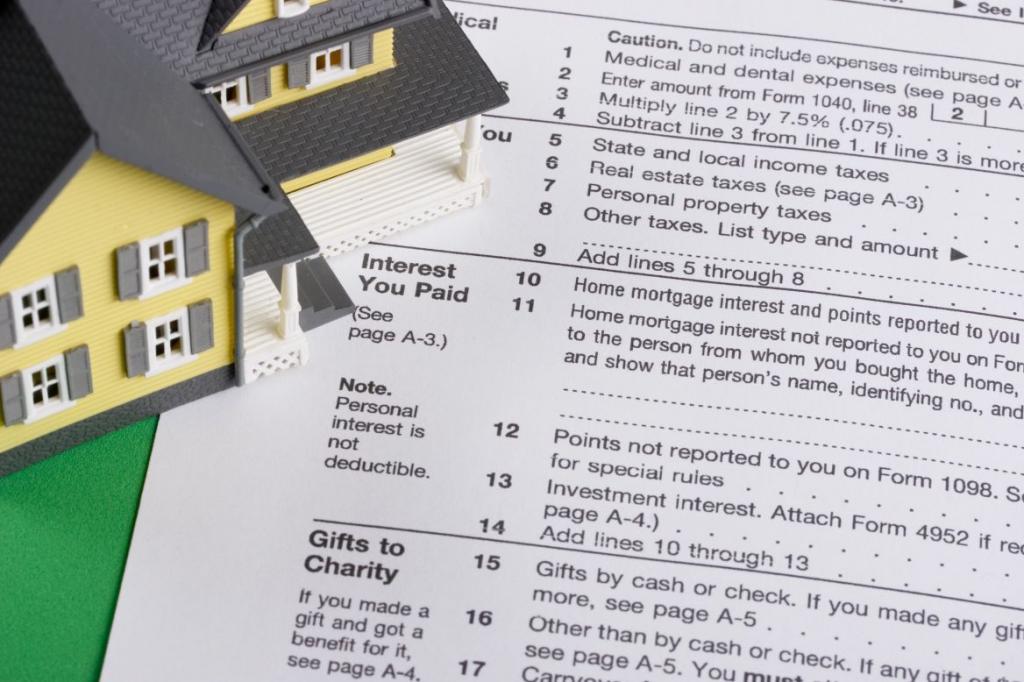Guidelines on Protecting Your Tax Records
Back then, some people keep their tax records for at least three years by storing them inside a storage box. Only after the span of three years will they dispose them. This is to make sure that their tax records are secured. Keeping you records after you have filed your taxes, apparently, has many benefits. In the future, when your tax information is needed for verification of anything, it is good that you still have records to present. Same goes when the government requests for an audit. Usually, the government accepts tax records that have been filed three years ago. Having your records completely kept can save you from headaches later on, by the time they are needed.

Here’s a short guideline to make sure that your tax records are safe.
- If you filed your tax payment online, it is better to print out the receipt. When printing out the receipt, produce two copies, and store each at a different location. This approach avoids damage or losing of files when there are floods, or other incidents.
- Store your files online and in prints. This provides back up once you lost your files. Better yet, store your records in cloud web hosting so that when your computer malfunctions, you are rest assured that your files can still be found.
- Keep in mind that it is your responsibility to keep your tax records and not the tax accountants and agencies. Most of these agencies no longer keep the records when they go out of business.
- Identity theft should also be prevented, especially that you can really be faced to such issues anytime through the information you provide on your IRS and MISC 1099 forms. Therefore, you have to make sure that your present home address is on file with your present and previous employers.
Keeping a good track of your files and records will not only prevent you from getting into bigger problems in the future. It will as well save your time on various file recovery processes and follow ups.

